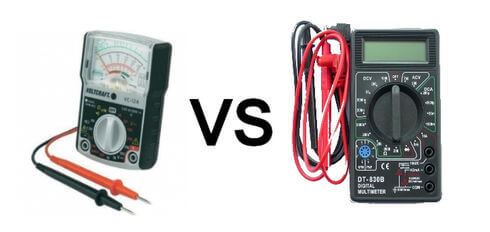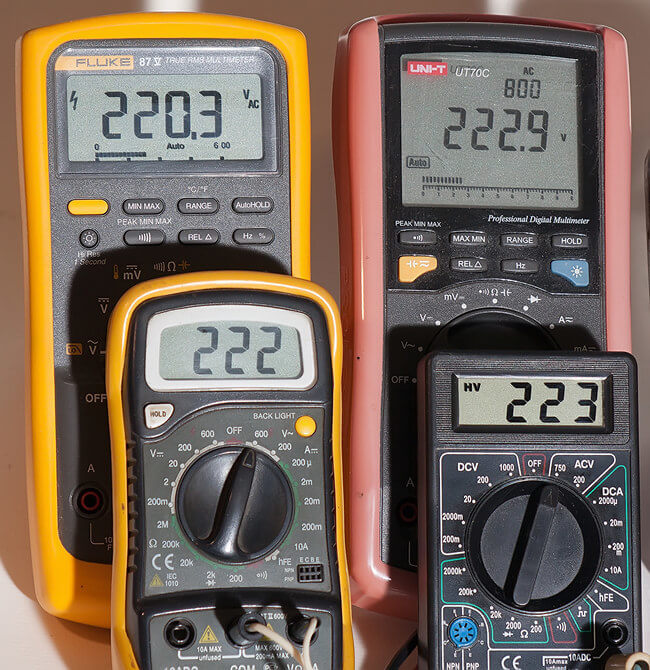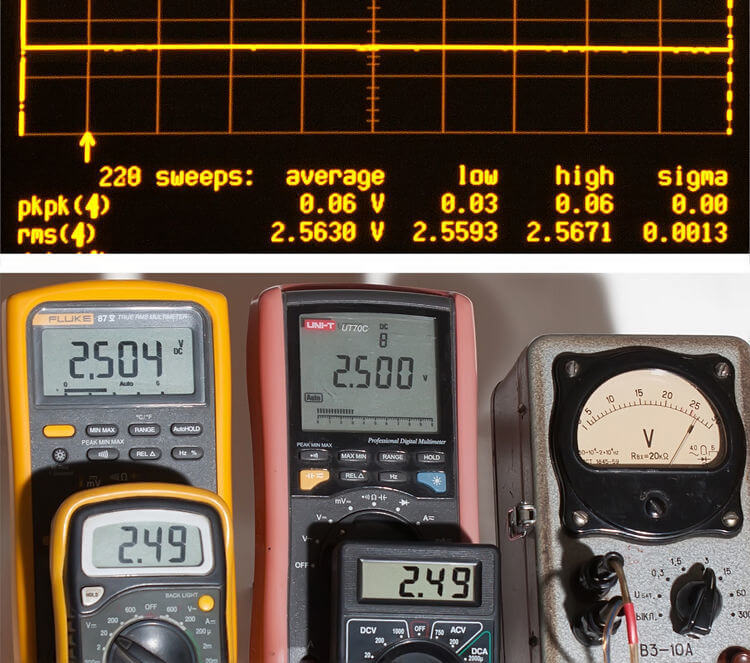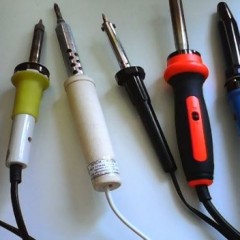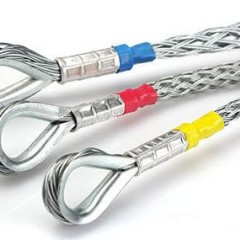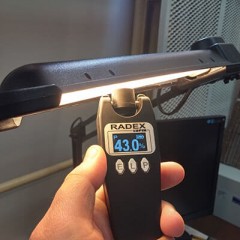Compare multimeter specifications
Analogue or digital?
First of all, you must decide on the type of device. To your attention, a comparison of a digital and arrow multimeter:
- The analog meter must be periodically calibrated as the batteries run out. Not very convenient, given that the electronic calibration model does not require.
- The values on the digital display can be seen from different angles. The arrow must be viewed exclusively at right angles in order to take accurate readings.
- The switch mechanism is more moody about transportation, falls, vibration and other possible situations. If the device is not handled very carefully, the measurement error may increase, which cannot be said about the electronic model.
- Compared to analog meters, the digital multimeter has much more features and capabilities.
- If you incorrectly measure the polarity, a minus appears on the electronic display, after which it becomes clear that you need to swap the probes in places. In the case of an analog device, the arrow just rests against the limiter without moving on the scale. It is also not entirely convenient.
- With a multimeter you can instantly view changes in measurements.
- An analog device is more accurate when operating in strong electromagnetic fields. Compared to a digital meter, which is more sensitive to interference, this is an advantage.
- Electrostatic discharge electronics may fail. The switch mechanism is not afraid static electricity.
As you can see, if you compare a digital and analog multimeter, then you can’t say with certainty which is better. Each embodiment has its own advantages, although we still believe that electronic meters are more preferable than analog meters, since they significantly prevail in functions, and this is one of the most important criteria for choosing a device.
Briefly about manufacturers
Well, many beginning electricians are interested in the question of which device manufacturer is better. Comparison of Fluke, Mastech and UNI-T multimeters (some of the best manufacturers of measuring devices) can only be subjective, because each company has in its arsenal both successful models and not quite. Our opinion is that UNI-T multimeters are still the best in price and quality, if you compare them with Fluke, the latter at the same price and in functions will be inferior, because There is a fairly large overpayment for the brand.Fluke meters are really very high quality and have been on the market for a long time, having many positive reviews on the Internet.
If we talk about Mastech, recently the quality of products has become a little lower, comparing with devices that were produced 5-10 years ago. That is why the reviews about multimeters can be found ambiguous: experienced electricians say that these are the best meters, and those who bought them now say the opposite. I would also like to mention two more notable companies: Digital Multimeter and APPA. If we compare their technical characteristics and the price segment, then we can say that this is also the best option, but the quality is slightly inferior to the previous three brands.
The photo shows the measurement error of various models of devices (Fluke 87-V, UNI-T UT-70C, Mastech MAS-830L, DT-832 and B3-10A participated):
At the end of the test, it became clear that Fluke was better in comparison with other instruments (the measurement error was estimated). We also recommend watching video reviews comparing the UNI-T and MASTECH testers:
So we have provided a comparison of multimeters in quality and features. We hope the information provided has helped you choose the appropriate option for your own conditions!

